The UK’s Overseas Territories (UKOTs) are 14 highly diverse islands, geographically dispersed around the world in different climate zones. Research, monitoring and commercial contracts have been undertaken by BGS in many of the UKOTs where we are working in partnership with local stakeholders.
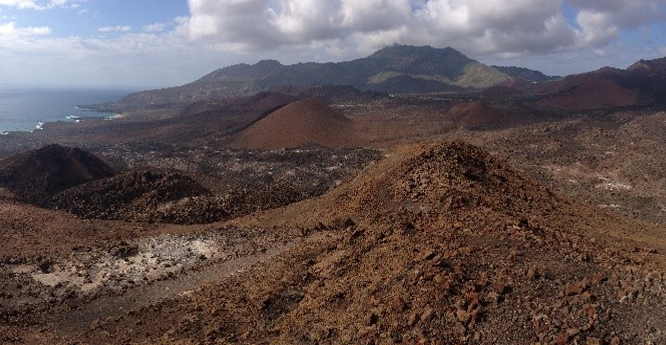
View to the south across the lava plains and the cinder cones of Sisters Peak and Broken Tooth to the rhyolitic lavas and pumice fall deposits beneath the vegetated slopes of Green Mountain, Ascension Island. Source: BGS © UKRI.
Past and present work areas in the UKOTs and their associated territorial waters spans a wide range of activities, including:
- advice related to hydrocarbon exploration
- climate variability
- disaster risk reduction
- geological mapping
- groundwater resource and security
- marine ecosystems and habitats
- monitoring and observatories
- multi-hazards and risk
- prospectivity analysis and resource assessments based on detailed characterisation of the subsurface
- seabed bathymetry and geology
- volcanic processes and histories
Most of the UKOTs are small islands that are particularly vulnerable to natural hazards and climate change, facing challenges associated with their small scale or geographic isolation even without natural hazards events or decadal-scale change in their environmental conditions. Many are exposed to and regularly adversely affected by geohazards, hydrometeorological hazards and climate change.
There is significant onshore and offshore resource potential in some of the UKOTs and others host critical UK and global strategic research and security infrastructure (including civilian, government and military). Collectively, the UKOTs host a permanent civilian population of approximately 250 000 (not including the British Antarctic Territory, South Georgia and the South Sandwich Islands, and the British Indian Ocean Territory). They have a land area of 1.72 million km2 and much larger marine territories, including one of the largest offshore Exclusive Economic Zones (EEZs) in the world, at 6.03 million km2. Around 90 per cent of the biodiversity found within the UK is located in the UKOTs.
The research that BGS conducts in these locations focuses on:
- supporting sustainability and development
- planning for and responding to natural hazards
- coping with environmental variability on long and short timescales
- the complex interplay between conservation efforts with soils and the underlying geology in both onshore and offshore environments
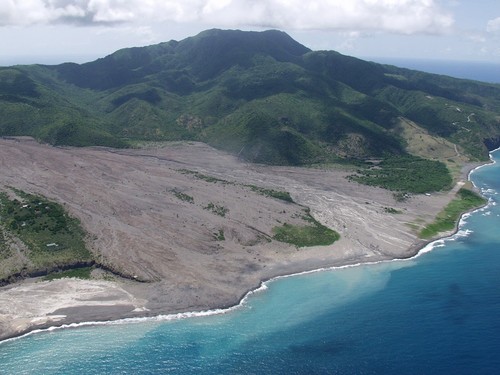
Lahar or volcanic debris flow deposits at Spanish Point, Montserrat. © NERC/Government of Montserrat.
Projects
Information on each of the specific projects in the UKOTs can be found on their own webpages:
- Geomagnetic observatories (1991– )
- Falkland Islands Basin Research (1992– ) (Please contact David McCarthy for more information.)
- Montserrat Volcano Observatory (1997–2008)
- Volcanic research in Tristan da Cunha (2004– )
- Volcanic research and geological mapping on Ascension Island (2014– )
- HOT Hadal zones (2019– )
Contact
If you want to discover more then please contact Charlotte Brown.
Find out more about our work
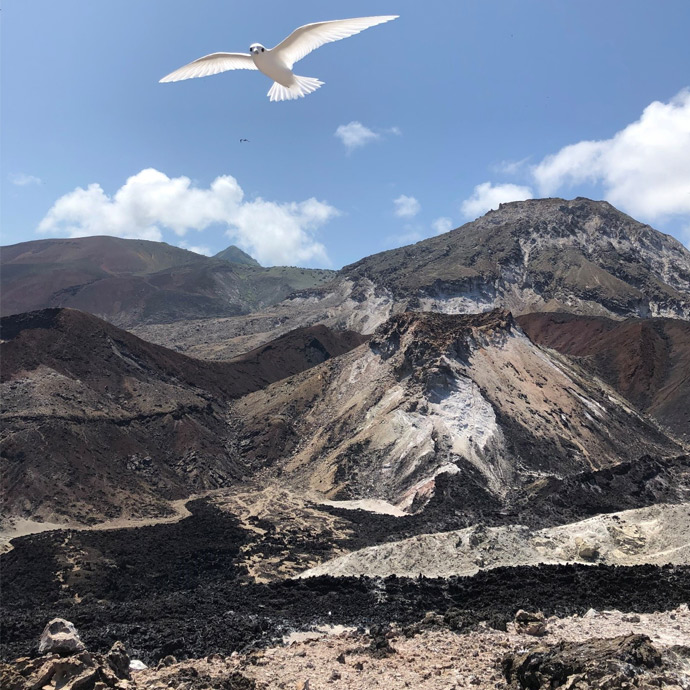
Volcanism on Ascension Island
Ascension Island is a subtropical volcanic island in the South Atlantic. The BGS is investigating subsurface processes to better understand the volcanic hazards that might occur again.
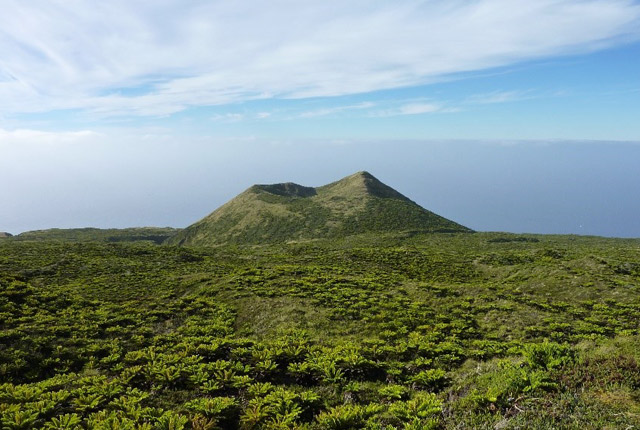
Volcanism on Tristan da Cunha
Tristan da Cuhna is an active volcano in the South Atlantic Ocean. The BGS is developing research on the island to better understand the volcanic processes and associated hazards.
You may also be interested in
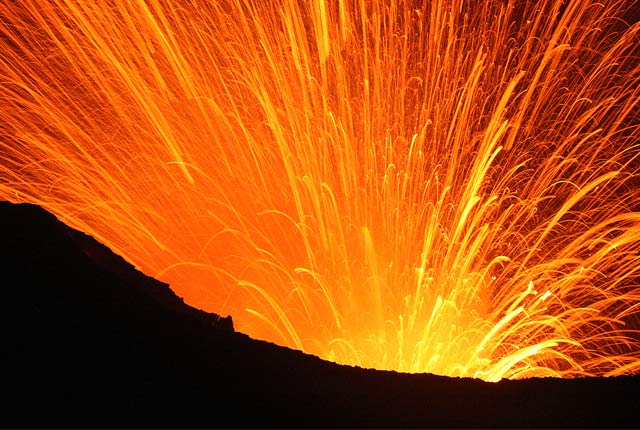
Volcanology
Our scientists lead research projects and work in partnerships around the world to improve our understanding of volcanic processes, hazards and risks.



